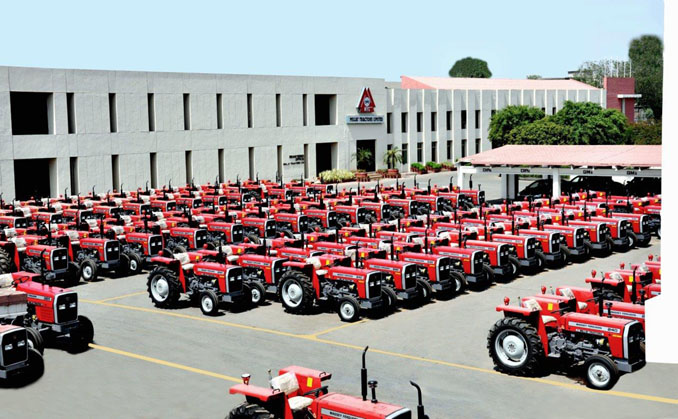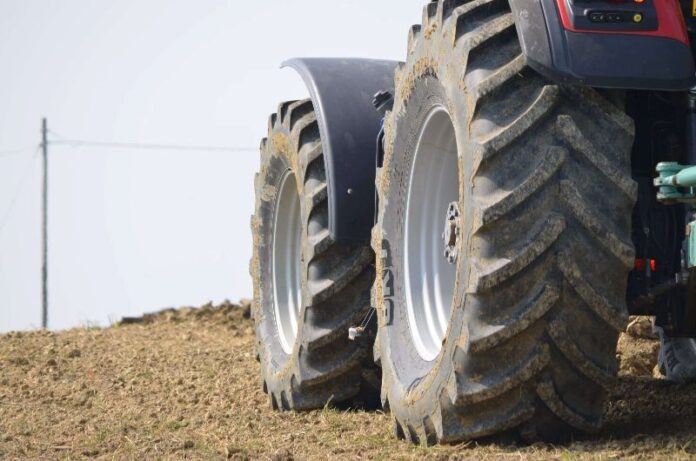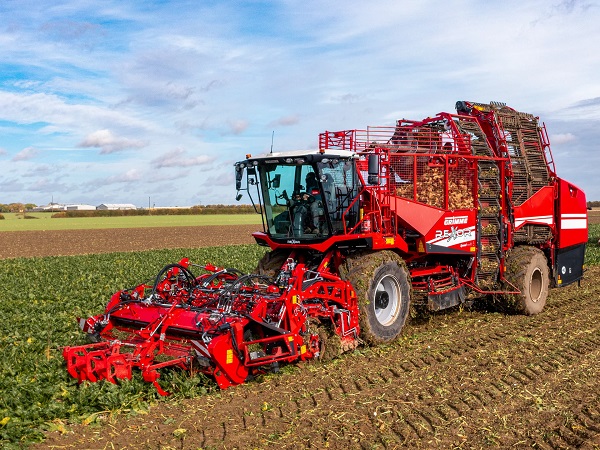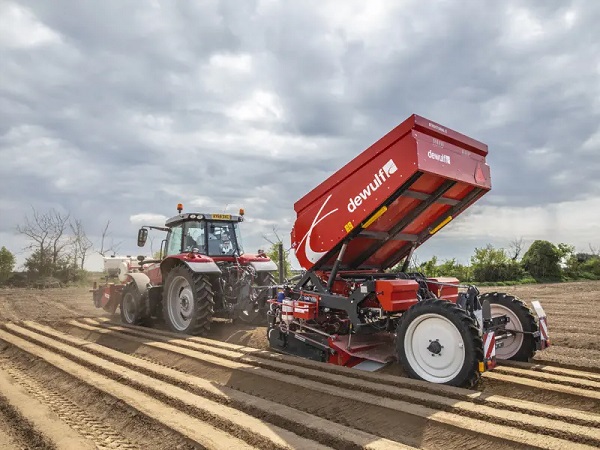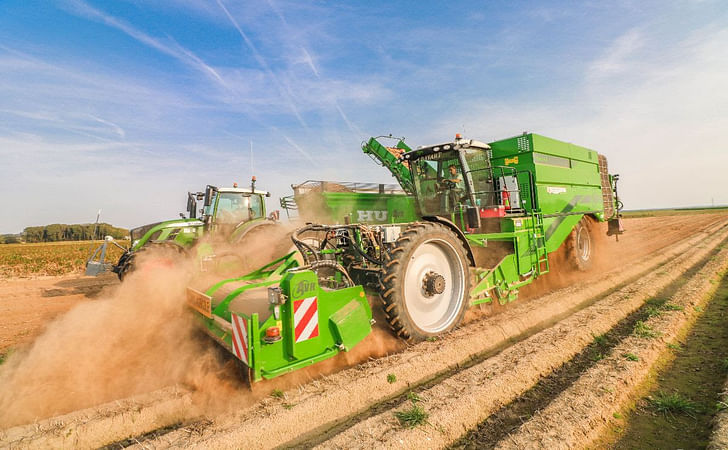The current global energy market is calling for sustainable and efficient battery solutions for both on and off-highway applications.
At this year’s CONEXPO-CON/AGG, KREISEL and John Deere Power Systems presented holistic off-highway battery solutions designed to fulfill the highest industry requirements in ruggedness and reliability.
“We see the clear and growing need for battery and charging solutions for the off-highway industry. Because of this, we are leveraging our world-class engineering expertise to innovate on our customer’s behalf and bring the most robust and durable products to market,” said Jennifer Preston, CEO of KREISEL Electric.
“Together with KREISEL, we are expanding our battery portfolio to include even more versatile, scalable power to meet a wider range of application needs as we continue to work toward a future with zero-emissions propulsion and pursue our goal of demonstrating viable low- and near-zero-carbon power solutions by 2026.”
New KREISEL concept battery systems
KREISEL and John Deere are responding to the industry’s increasing demand with the, soon expected, presentation of three additional battery systems, to the market. The newly introduced, concept battery systems include 20 kWh and 40 kWh power options. Up to 800V from a single pack, and flexible dimensions, offer industrial and marine customers increased packaging flexibility.
The variety of dimensions will make the new concept battery systems a perfect fit for smaller vehicles, or applications, with limited space. The new models feature KREISEL’s patented principle of modularity and scalability, with KREISEL Electric Immersion Cooling technology at their core. The new battery systems offer the highest volumetric energy density achievable, in compliance with our advanced safety parameters.
KREISEL battery technology at CONEXPO-CON/AGG
Together with John Deere (Power Systems) KREISEL Electric develops cutting-edge battery technology that offers exceptional lifetime, safety, and performance. At this year’s CONEXPO-CON/AGG, KREISEL and John Deere Power Systems showcased various examples that represent the electrified future of off-highway applications.
In addition to KREISEL’s 63kWh battery system KBP63, KREISEL and John Deere also exhibited the first electrified John Deere excavator prototype, which was unveiled at this year’s CES. To complete the “holistic picture” display, a charging solution preview, equipped with KREISEL battery technology, was also exhibited.
Also Read
State of Tractor sales in South Africa in the Month of March
Light tillage, soil preservation? BKT’s latest-generation tires are all you need
